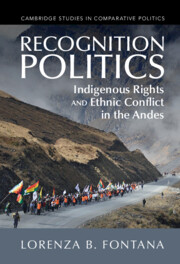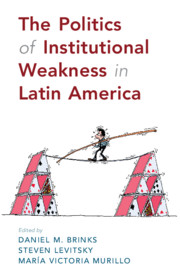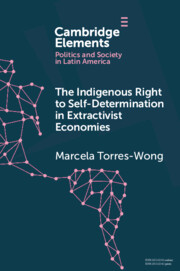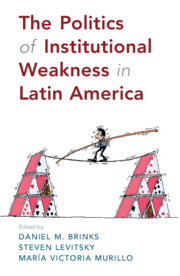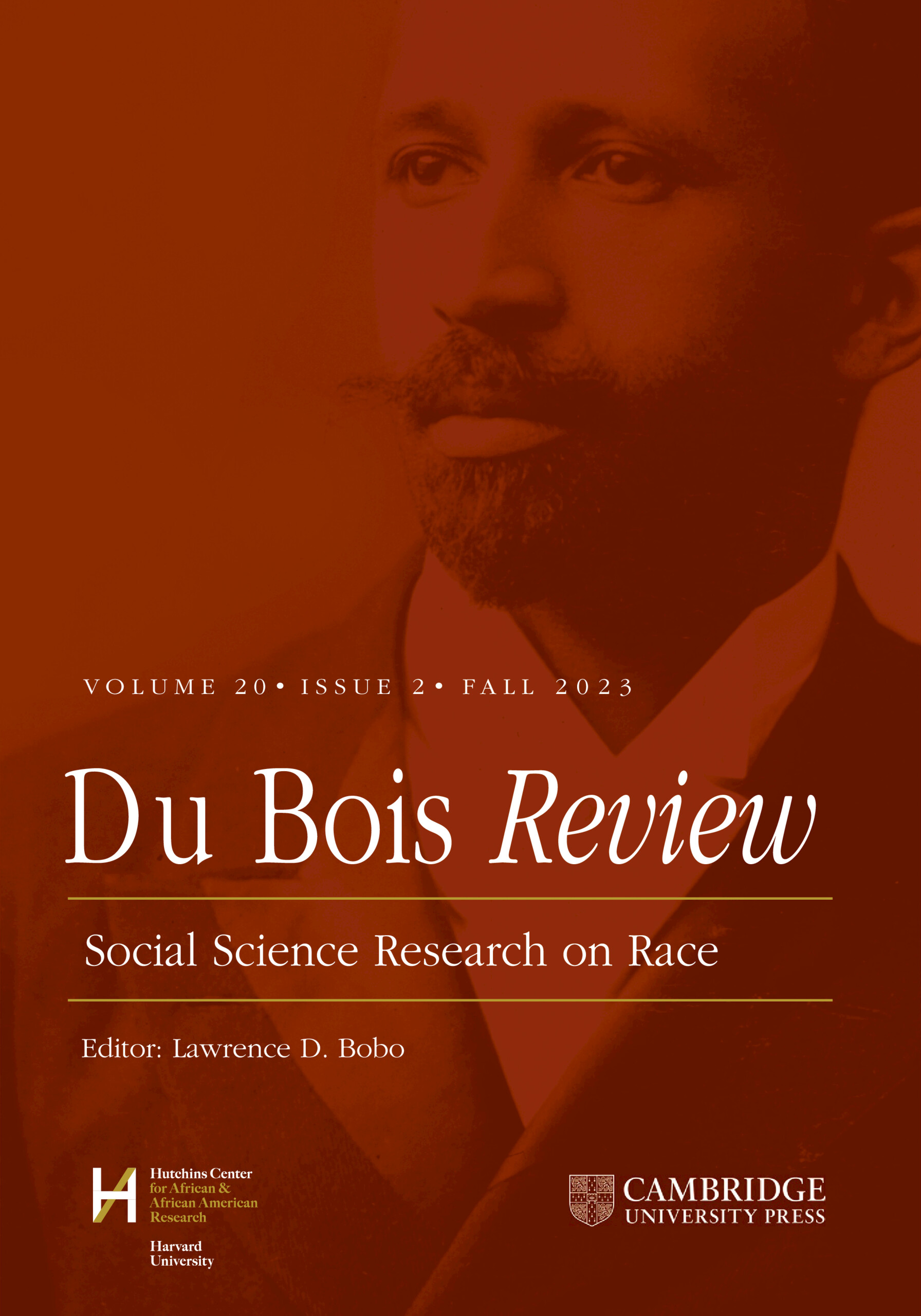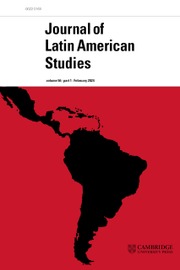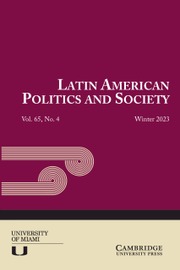Recognition Politics
This pioneering work explores a new wave of widely overlooked conflicts that have emerged across the Andean region, coinciding with the implementation of internationally acclaimed indigenous rights. Why are groups that have peacefully cohabited for decades suddenly engaging in hostile and, at times, violent behaviours? What is the link between these conflicts and changes in collective self-identification, claim-making, and rent-seeking dynamics? And how, in turn, are these changes driven by broader institutional, legal and policy reforms? By shifting the focus to the 'post-recognition,' this unique study sets the agenda for a new generation of research on the practical consequences of the employment of ethnic-based rights. To develop the core argument on the links between recognition reforms and 'recognition conflicts', Lorenza Fontana draws on extensive empirical material and case studies from three Andean countries – Bolivia, Colombia and Peru – which have been global forerunners in the implementation of recognition politics.
- Provides empirical evidence and an analytical framework to capture the characteristics and consequences of a new wave of intercommunal interethnic conflicts
- Presents a multi-sited qualitative study of recognition conflicts in Latin America
- Overturns much of the received wisdom about the globally widespread politics of recognition
Reviews & endorsements
‘Fontana's book is a major contribution to our understanding of recognition. Speaking to political science and sociology, this innovative study tackles ‘post-recognition' to show how recognition rights can feed conflicts between groups, just as they open new avenues for accessing resources and rights. However, there is hope as thoughtful policies can help make recognition conflicts not zero-sum. Recognition Politics is a must and should be widely read by social scientists interested in contemporary politics in Latin America and beyond.' Michèle Lamont, Harvard University
‘Fontana seeks to shift arguments about the politics of indigenous identity forward to an analysis of the consequences of ethnic recognition in Latin America, bringing class analysis back into the frame. Her book is a major contribution to thinking about the problems that continue to underscore rural poverty in settings where ethnic identities are recognised.' John Crabtree, Oxford University
‘By empirically examining cases from three Andean countries, Fontana's powerfully argued book challenges the primary logic of recognition reforms by delineating the circumstances under which they fuel inter-communal conflict and competition-rather than, as usually assumed, contribute to conflict prevention and mitigation. Fontana's set of cases reveals a “dark side” to recognition under which the poorest communities are further marginalized.' Jean E. Jackson, Massachusetts Institute of Technology
‘Recommended.’ M. Becker, Choice
‘The book is a valuable addition to the literature and a must-read for students of Indigenous politics in Latin America. The book is characterised by rigorous research, compelling arguments and original theoretical contributions. It challenges us to re-think recognition politics and the policies that flow from these generally lauded reforms. These themes should be of interest to scholars well beyond the Andean region.’ Pascal Lupien, Journal of Latin American Studies
Product details
January 2023Adobe eBook Reader
9781009265485
0 pages
This ISBN is for an eBook version which is distributed on our behalf by a third party.
Table of Contents
- Introduction
- 1. Recognition Conflicts
- 2. Citizenship and Development in the Andes
- 3. Class and Ethnic Shifts
- 4. Recognition for Whom?
- 5. The Physical Boundaries of Identity
- 6. Unsettled Demographies
- 7. Struggles for Inclusion and Exclusion
- 8. Rethinking Recognition: What are the Implications for Identity Governance?.

